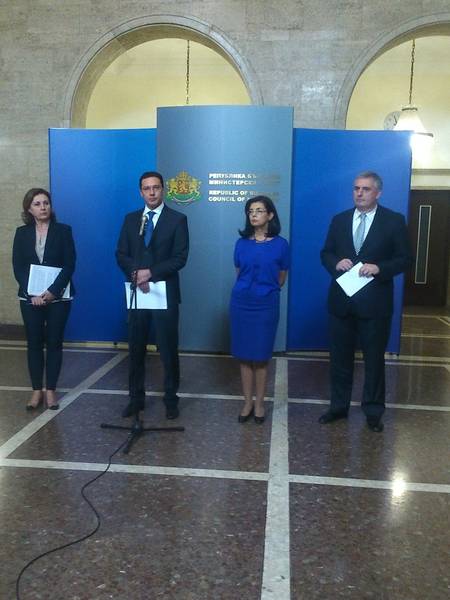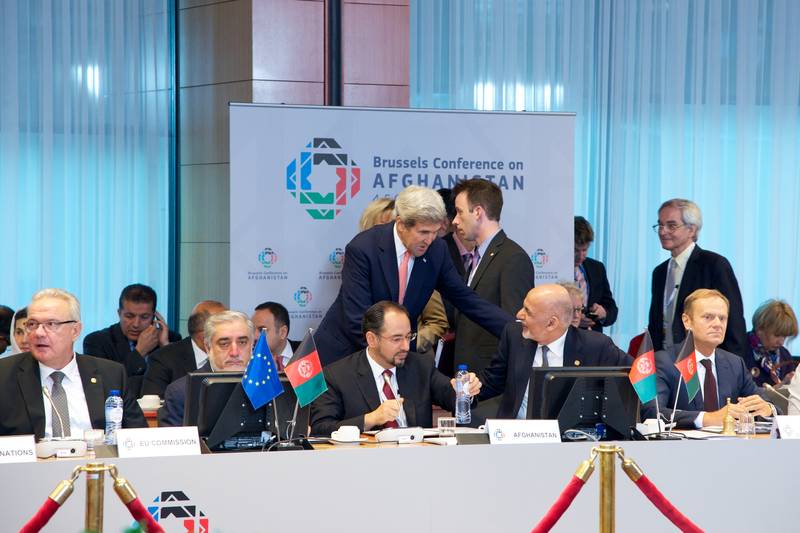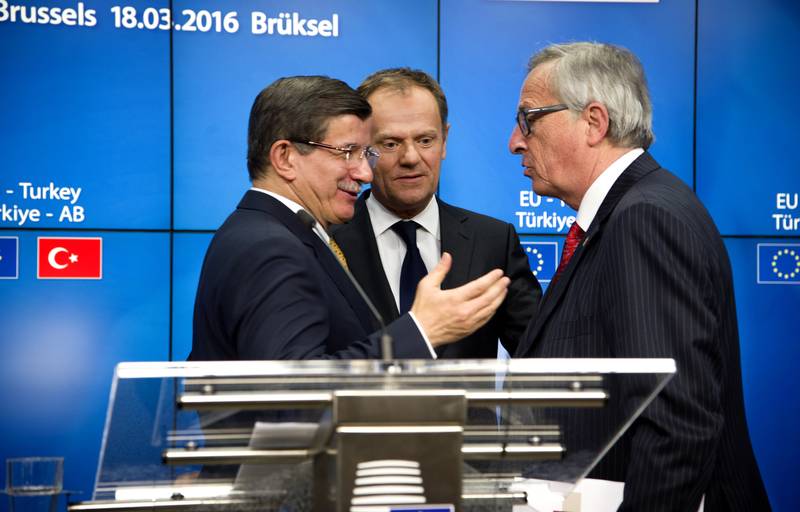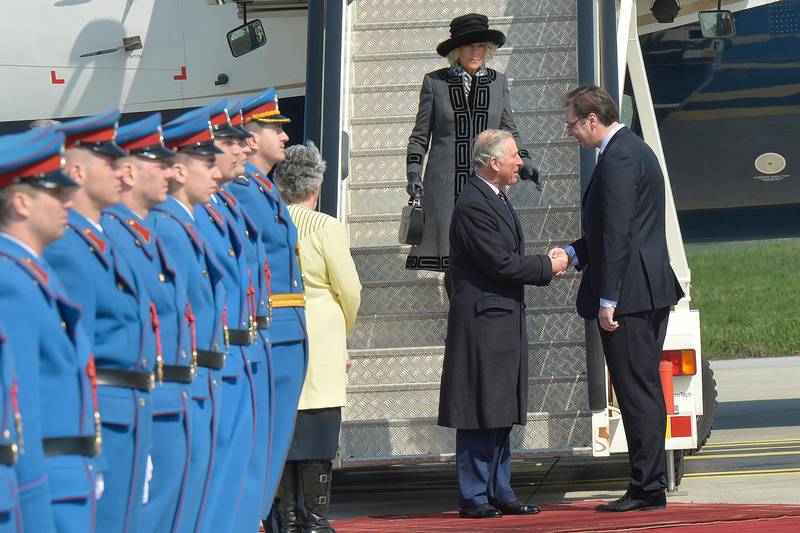Bulgaria Is Ready To Accept Additional Refugees
Adelina Marini, September 8, 2015
 24 hours prior to the long anticipated first address of European Commission President Jean-Claude Juncker to the Members of the European Parliament on the state of the Union, the debate on the new Commission proposals for dealing with the migrant-refugee crisis, and four days after the released common position of the Visegrad Group, the Bulgarian government called an unexpected press conference at which to present its official position [in Bulgarian] on the issue. According to it, Bulgaria is prepared to accept an increase in the negotiated in June number of refugees on its territory, provided a common principle is followed in all countries. On May 13 of this year, the EC presented its agenda on migration, key element in which is the quota allocation of refugees arriving in Greece and Italy from Syria and Eritrea. Quotas were calculated based on stage of economic development, unemployment levels, previous acceptance of refugees, and total population.
24 hours prior to the long anticipated first address of European Commission President Jean-Claude Juncker to the Members of the European Parliament on the state of the Union, the debate on the new Commission proposals for dealing with the migrant-refugee crisis, and four days after the released common position of the Visegrad Group, the Bulgarian government called an unexpected press conference at which to present its official position [in Bulgarian] on the issue. According to it, Bulgaria is prepared to accept an increase in the negotiated in June number of refugees on its territory, provided a common principle is followed in all countries. On May 13 of this year, the EC presented its agenda on migration, key element in which is the quota allocation of refugees arriving in Greece and Italy from Syria and Eritrea. Quotas were calculated based on stage of economic development, unemployment levels, previous acceptance of refugees, and total population.
According to the formulae announced then, Bulgaria agreed to accept 343 refugees from Italy, 229 from Greece, and 219 more on the resettlement algorithm. Converted to percentages, Bulgaria’s share of refugees to accept from Italy and Greece was 1.43% each and the resettlement portion was 1.08%. In comparison Croatia, which has almost half the population of Bulgaria and considerably higher unemployment, has a 1.87% coefficient for accepting refugees from Italy and Greece and for resettlement – 1.58%. At that time, the talk was about the distribution of a total of 60 000 refugees. While waiting for the EC’s new proposal there is talk of double this number – 120 000-130 000.
Sofia’s position, however, underlines that the increase in refugee numbers has to “correspond to the member states’ ability to provide common European standards” of asylum for all refugees. In the May proposal, which was endorsed at the June summit of the EU by Bulgaria included, for every sheltered refugee the countries would receive 6 000 Euros, exactly for the purpose of providing European asylum standards. Some states receive additional aid as well. Such is the case of Austria and Hungary, which received yesterday and today additional funds from the EC – 5 million and 4 million Euros respectively, from the Asylum, Migration and Integration Fund.
At the end of July Austria asked for additional aid so it could enlarge its capacity in order to accommodate 1 270 additional refugees that had arrived, which includes increasing its administrative capacity for processing asylum applications. Hungary requested help in mid-August for the improvement of infrastructure in existing accommodation sites, building new ones, and new equipment and supplies for the reception centres.
Although it agrees to accept more refugees and shows understanding to the need for increasing the quotas, Bulgaria thinks that the distribution key has to account for the refugees’ preferences. This was squarely rejected by the European Commission, which announced during its regular briefing at noon on Monday that refugees have no option to choose where they are sheltered. If granting of preferences is allowed the EU would return to square one where a handful of states will have to deal with the bulk of the refugee burden. These would be Greece and Italy at the front lines and Germany and Sweden at the core of the Union.
In the official position of the government in Sofia you can also read that Bulgaria will demand the creation of a common European Prosecutor's Office to investigate human traffickers. This request looks quaint, but is totally understandable. Bulgaria has been under EC monitoring ever since it joined the EU (on January 1st 2007) under the Cooperation and Verification Mechanism, which encompasses the battle against organised crime and corruption. The state has not only made zero progress on this mechanism but has even regressed in recent years, as is evident from the annual reports of the EC, which are full of criticism of the lack of solved murders connected to organised crime, effective sentences, and also of the political dependence of the judiciary.
Bulgaria states in its position on the migrant-refugee crisis that it is working actively on “the restriction and destruction of the illegal networks that smuggle refugees in exchange of payment”, including by entering a draft legislation in parliament with a proposal for increase of penalties for such crimes, but by its work on the Mechanism it is evident it has no experience in this. Lack of experience and lack of an independent judiciary explain why the country prefers that such crimes are investigated by a supranational organisation. Such proposal, however, is hardly feasible keeping in mind the sensitivity of member states on this subject and remembering the experience with the EC’s proposal for the formation of a single European Public Prosecutor's Office, which would investigate crimes against the Union’s financial interests, i.e. – embezzlement of funds from the common EU budget.
Translated by Stanimir Stoev
 | © Council of the EU
| © Council of the EU Davutoglu, Tusk, Juncker | © Council of the EU
Davutoglu, Tusk, Juncker | © Council of the EU | © Vlada RS
| © Vlada RS